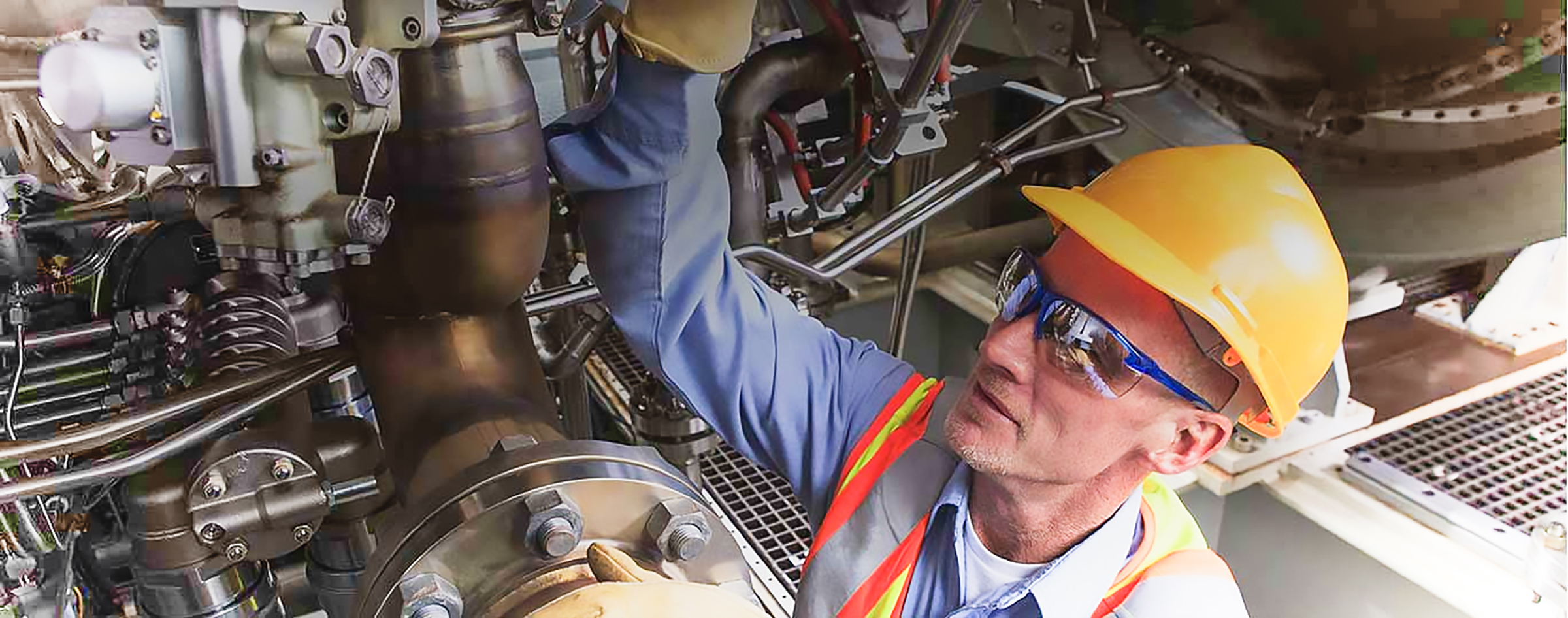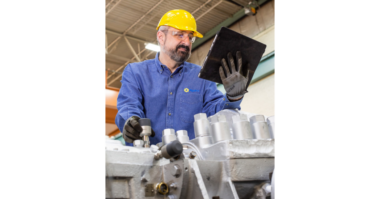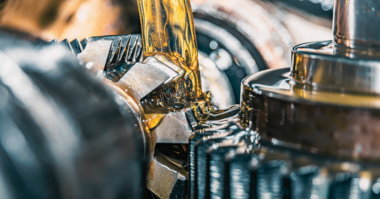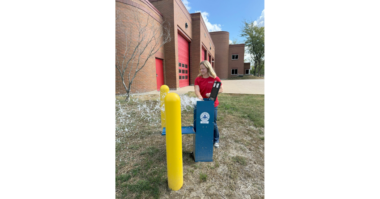Contributor: SEPCO
Speak with an expert to conduct a water use study that can help your plant save millions of gallons per year.
All industrial plants use water in some way to operate effectively. Industrial water treatment systems vary, depending on each facility’s needs. However, do you know exactly how much water your plant consumes? Understanding industrial water treatment systems and water use can help any plant conserve water and save money.
Water Treatment Systems
Industrial water treatment systems can be straightforward and compact. They may also be complex, multi-unit processes. These systems are used to treat water for many different plant applications. They make water more appropriate for consumption, manufacturing, or even disposal. The technologies selected and in what order they appear in each system depend on which contaminants must be removed.
Some of the most in-demand industrial water treatment systems include:
- Raw water treatment systems: Used for the pretreatment and optimization of source water. This is naturally occurring water in the environment. The system improves production efficiency and process performance for specific applications.
- Boiler feed water treatment systems: Treat water to protect boiler unit components and piping. They remove contaminants present in the boiler and/or makeup feedwater. These contaminants cause scale buildup among other problems that may be detrimental to equipment.
- Cooling tower water treatment systems: Used to protect cooling tower components from damage. This damage may be caused by contaminants in feedwater, circulation water, and blowdown water.
- Wastewater treatment systems: Convert used streams into an effluent that can be reused or safely released to the environment or a municipal treatment facility.
Plants must decide whether an industrial water treatment system is needed. They must also determine which one to select. Consulting qualified water treatment specialists can help your team with these decisions. They can help plants determine their goals and budgets as well.
Why Conduct a Water Use Study?
Treatment of water is costly and energy intensive. If your plant is not efficiently and effective using this water, you may literally be sending money down the drain.
One area in which a plant may inadvertently waste water is in mechanical seal and/or packing flushing. To ensure that your water use is as efficient as possible, you need to understand your plant’s current water use. A water utilization study can save millions of gallons per year and help plants:
- Decrease water use
- Prolong equipment life
- Eliminate process dilution
- Reduce evaporation costs
- Eliminate process costs
- Reduce leakage to atmosphere
- Reduce corrosion on equipment
- Reduce housekeeping issues
The Water Use Study Process
A Sealing Equipment Products Company (SEPCO) expert uses ultrasonic testing to audit a plant’s:
- Media
- Flush water
- Leak rate
This audit helps determine an optimal flush water strategy. For example, many plants maintain high flush water flow rates. However, they do not maintain flush pressure at 15 to 20 psi above the stuffing box pressure. Plants should focus on maintained pressures – not flow rates — to maximize seal and packing performance.
During the water utilization study, SEPCO experts provide a summary of your facility’s current water consumption. At the same time, they develop a water reduction strategy for every stuffing box in the plant.
For example, a typical paper mill or chemical plant uses an average of 2 to 3 million gallons of water per year per stuffing box. Multiply that amount by every rotating piece of equipment, and you will find that big opportunities to reduce overall water consumption exist.
For example, SEPCO recently conducted a water study at a food processing plant. Its sewer bill was nearly $1 million per month because of high solids content. A SEPCO expert installed closed-loop systems on many assets and managed to completely eliminate water use on those pumps and valves.
The completion of water use studies usually takes between one and two weeks. Interested in having and expert conduct a water utilization study at your plant? Complete the form below to submit an inquiry!
Have questions, contact a SEPCO expert today!
Pharmaceutical Processing Seals Market Expected to Flourish Through 2023




